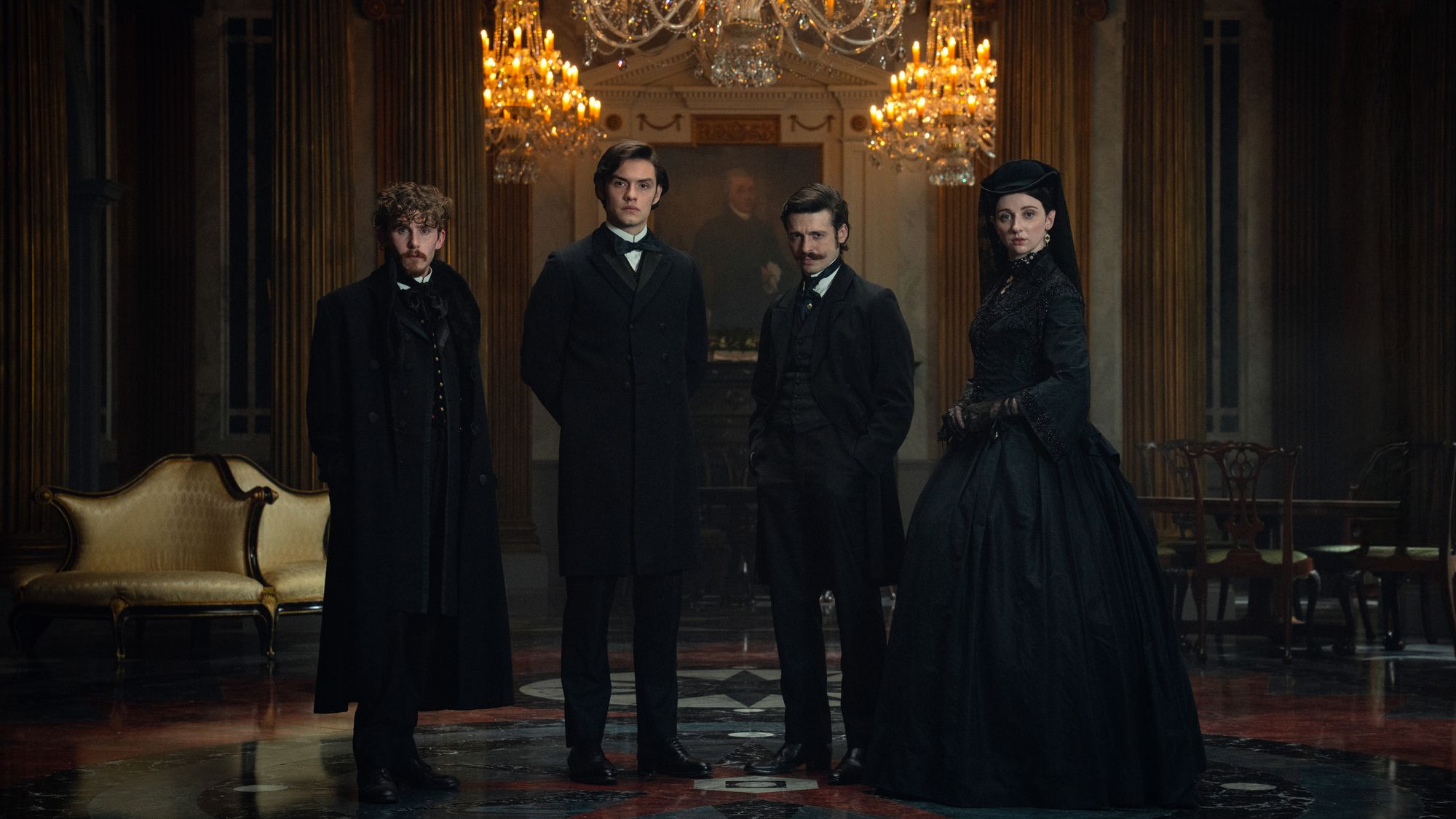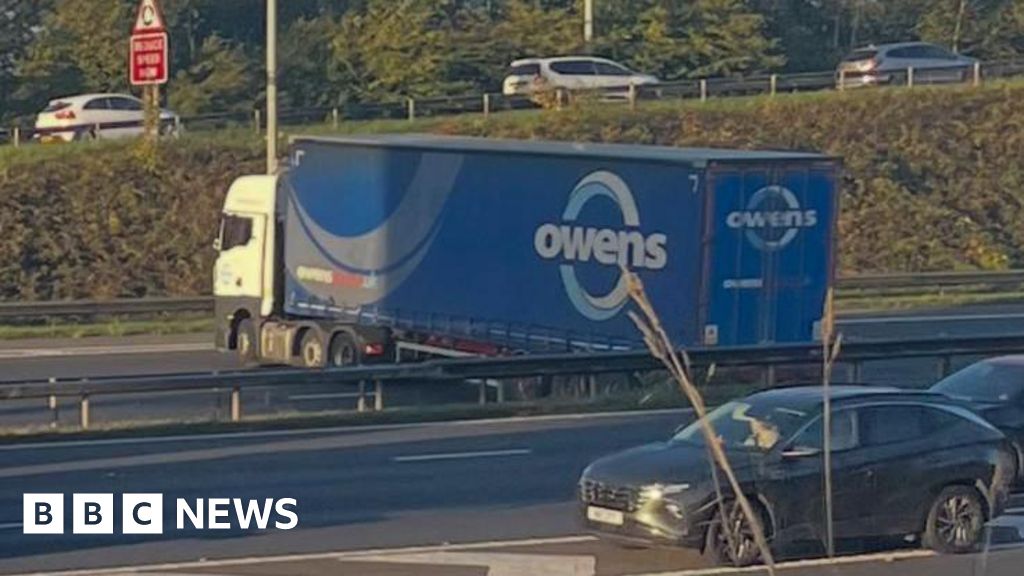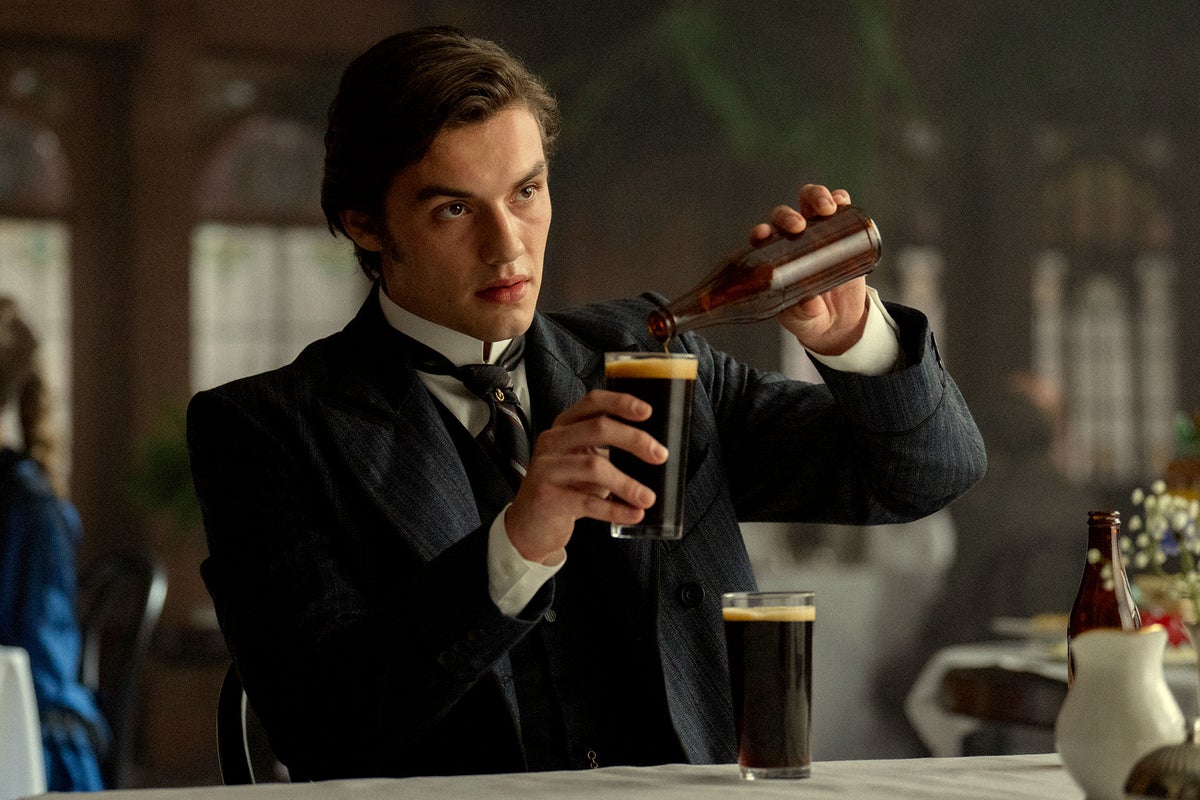If you didn’t already know that Netflix’s House of Guinness came from the brain of Steven “Peaky Blinders” Knight, it only takes a few minutes of watching it for the clues to start pouring in. The opening scenes of the new drama, which tells the story of the Anglo-Irish brewing dynasty in the aftermath of the death of Victorian patriarch Sir Benjamin Guinness, are branded with just about every hallmark of Knight’s work that you can think of. The words “water”, “malted barley”, “hops” and “yeast” – they’re the four component parts of beer, don’t you know? – shoot onto the screen in huge letters as an anachronistically pounding beat plays in the background.
Then comes more text: “Family. Money. Rebellion. Power.” All very subtle and understated, helpfully spelling out the Big Themes that the series will grapple with, and inverting the usual storytelling maxim of “show, don’t tell”. Before long, there’s an outbreak of very Peaky violence, with henchmen from the Guinness brewery whacking members of the Irish Republican Brotherhood with hammers, as the rebels try to disrupt Sir Benjamin’s funeral procession.
It’s all a bit exhausting, a bit try-hard – and that’s before you’ve started to reckon with the fact that almost every scene seems to luxuriate in dark, sludgy hues that make it impossible to see anything (the perennial scourge of period dramas with pretensions of edginess). And although it’s been billed as “Peaky Blinders meets Succession”, House of Guinness feels more like Peaky Blinders with pints.
The Succession comparison stems from the fact that, at its heart, this is a show about family. At one point, one of the Guinness siblings even tells another that “this is about family”, which gives you an idea of just how on the nose the dialogue can be. In another scene, a different sibling quotes a Bible verse, then helpfully informs us that said verse suggests “that it may be I who will be the cornerstone for the house of Guinness”. Who needs subtext?
Following the funeral of Sir Benjamin, the man who turned Guinness into “a brand being poured by half the world”, as yet more onscreen explication puts it, his four children gather to learn how he has decided to divvy up his brewing empire. Arthur, played by Say Nothing’s Anthony Boyle, is the eldest son, who’s been away living the high life in London for so long that he practically sounds like an English gent. Then there’s Ben (Fionn O’Shea), the alcoholic black sheep of the family who is up to his nose in gambling debt. Edward (Louis Partridge) is the youngest of the brothers, but has paid his dues in the family factory and has grand plans for the business. And then there’s Anne (The Responder’s Emily Fairn), their sister, who seems frustrated by the constraints that come with her gender.

The instructions in their late father’s last will and testament somehow manage to leave almost all of them disappointed or thwarted in some way. Throw in outrage from temperance activists, a young republican named Ellen (Niamh McCormack) attempting to dig up dirt on the family in order to blackmail them, and the prospect of strategically arranged marriages for Arthur (who, in the series’s imagining at least, is gay) and Edward, and you have a truly convoluted recipe for drama. Oh, and James Norton is in full villain mode, glowering menacingly across the factory floor as family stooge and resident hardman Sean Rafferty, who’s in charge of terrorising the brewers and doing the Guinnesses’ dirty work.
There’s a lot to keep track of, sure, but somehow none of it really seems to grab you. Perhaps it’s the paint-by-numbers script, or maybe it’s the overwhelming, well, brown-ness of the whole thing. But choppy cutting and all the Kneecap needle drops in the world can’t compensate for House of Guinness’s sluggishness. It lacks the propulsive energy of A Thousand Blows and the brash humour of SAS: Rogue Heroes, to compare it to two of Knight’s recent historical efforts. And it seems unlikely that viewers will stick around for last orders.




